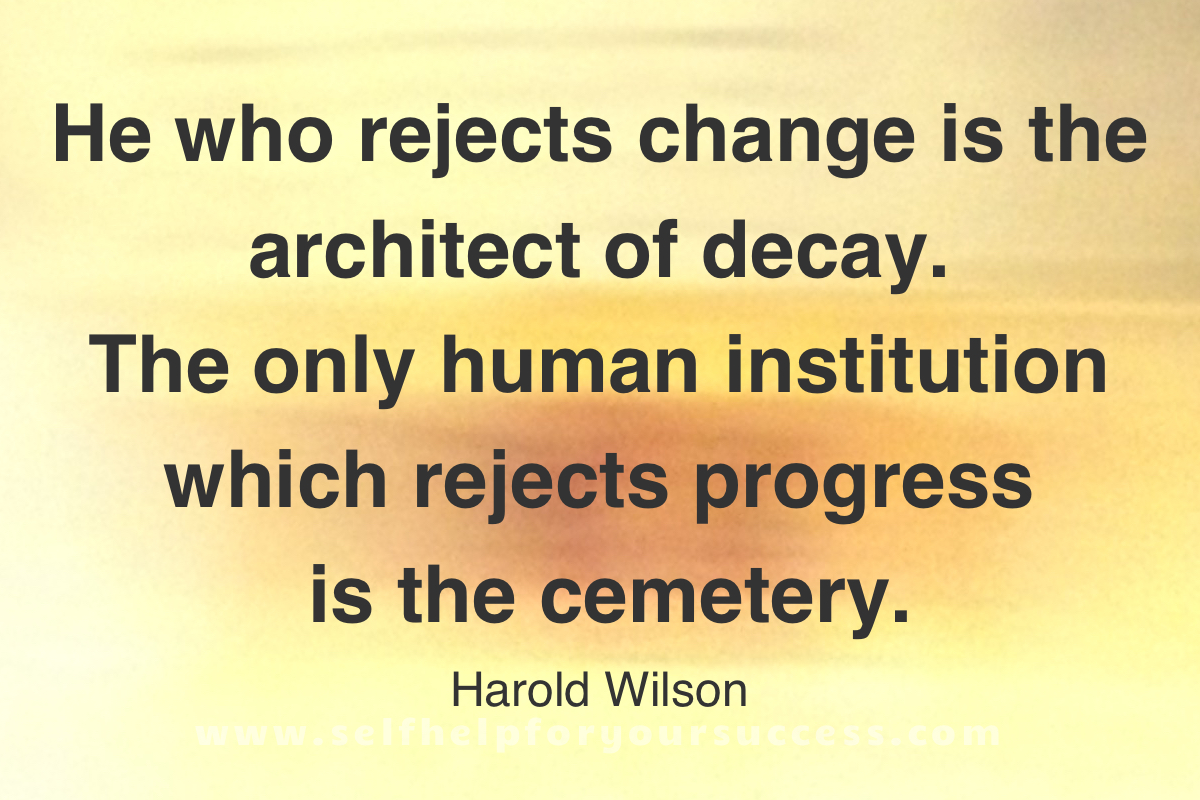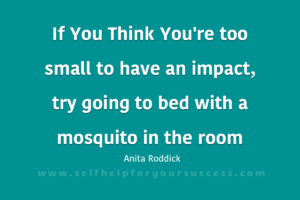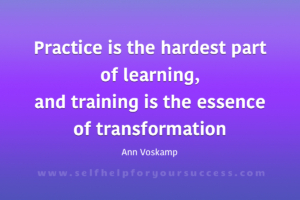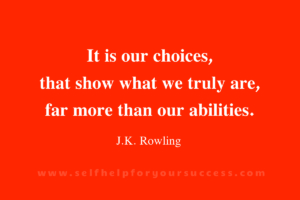Maybe change is bad
Yes! That’s a big question: is change always good? The quote states clearly that if we don’t change things then they’ll decay. However, it seems Harold’s only talking about certain kinds of change. Obviously many changes can be bad. Maybe that was your immediate reaction too: “of course change is not always good; we’ve all heard of things getting worse.”
I agree, there can be both good and bad changes. Change for the better yes; but also change for going backwards. Just think of countless bad changes, in so many countries, over the last few years. What do we see? Hatred and killing running rife. Millions displaced, persecuted, homeless, hungry, sad, lonely and bereaved. No way is that “change for the better.”
Let’s get real! That can’t possibly be what the quote refers to.
Good and bad political change
So, what on earth is Harold Wilson, ex-Prime Minister, talking about? To me it seems obvious he’s only talking about positive change, political change for the better. He speaks of “progress.” That’s his job as Prime Minister. That’s why he’s elected; people believe politicians’ endless promises to make things better.
What about the person who “rejects change”? Is that person “the architect of decay”? Perhaps what Harold is thinking about is political changes, designed to improve people’s lives in some way. The other lot, the opposition, are always compelled to disagree – almost as a matter of principle – and argue against the proposed change.
Therefore if the proposal is rejected, then from the Prime Minister’s perspective nothing’s going to change, and things are going to carry on as before, worse than they could be, and therefore in a state of “decay.”
We’ve always done it this way
Perhaps there’s another way of looking at the quote, beyond the political perspective of the ruling party. In all kinds of situations in life, business, and many others, there’s an almost inbuilt resistance to change. The classic phrase is always something like this:
“We’ve always done it this way, it works OK, so why would we want to change it?”
That indeed is a major problem. If everybody had lived and died by that attitude, we’d still be in the stone age. All creativity, every advance, the engine of growth is change for the better. The very definition of creativity is a jump forward, often out of the blue, made by someone who already knows everything about that issue, and yet still believes more is possible.
Really big changes
Sometimes we experience a touch of magic: a paradigm shift. That is to say, a radical new way of looking at an issue, field of knowledge, or present understanding of an area of human life. All the pieces fit together much better with the new overall understanding. That’s how knowledge has exploded over the past few hundred years, and even seems to be accelerating these days.
Even at a personal level, we all change and evolve throughout our lives. It’s in our DNA. All nature is a constant dance of change and death and new growth. If we fight against change, then we become robotic; like a movie character, that always behaves exactly the same way every time we watch the movie.
Change a mixed bag
Change is a natural part of life. Is it always good? Not at all; it’s always a mixed bag. We get some things right and grow; we also get some things wrong, and our progress is stalled. Change seems to me like almost everything in life: a mixture of black and white, good and bad, helpful and unhelpful.
In fact, change is even more complex: black, grey and white. Perhaps even a continuum, between black and white. There always seem to be so many possibilities.
There always seem to be many sides to every question. Therefore we must think deeply, about when to change, and when to leave well alone. There are no simple answers.
Gerry McCann
P.S. What are your thoughts, what does change mean to you?



